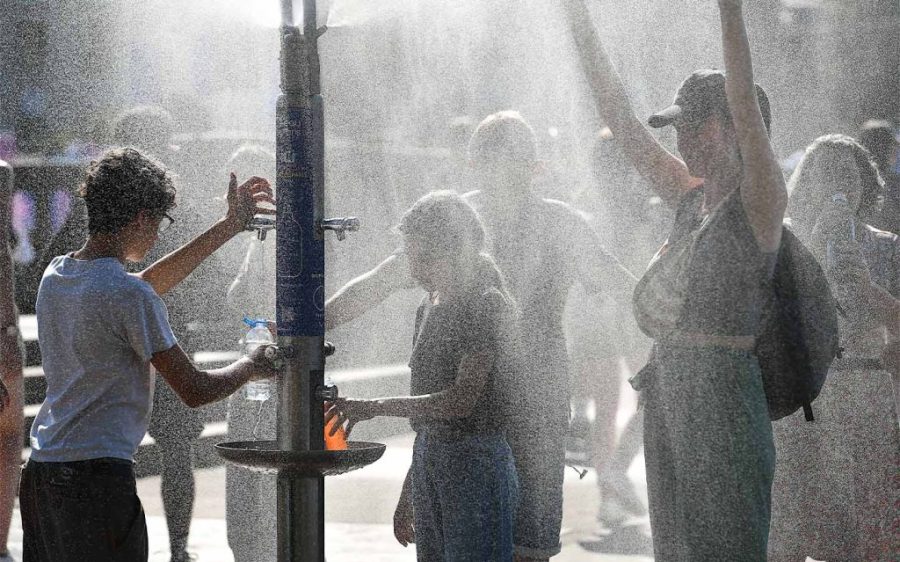The world’s biggest capital cities are heating up, threatening the lives and livelihoods of millions unless authorities take urgent action, according to a new analysis by the International Institute for Environment and Development (IIED).
The study, which was reported in the Guardian, compiled temperature data for the 40 most populous capital cities. Looking at the period between 1994 and 2024, they found the average number of days over 35°C in these cities went from a collective 1,062 per year in the first decade to 1,335 per year in the most recent. Last year, the hottest ever recorded, saw 1,612 days over 35°C among all the cities surveyed, up a staggering 52 percent from 1994.
The number of days with temperatures over 35°C tripled in Kuala Lumpur and Manila, and doubled in Beijing and Rome. Both South Africa, current G20 president, and Brazil, host for COP30, saw extreme heat days increase dramatically in their capital cities. Pretoria went from an average of 3 days to 11, recording 18 last year, while Brasilia jumped from 3 days to 40.
“Global temperatures are rising faster than governments probably expected and definitely faster than they seem to be reacting,” Anna Walnycki, an IIED researcher, told the Guardian. “Failing to adapt will condemn millions of city dwellers to increasingly uncomfortable and even dangerous conditions because of the urban heat island effect.”
[See more: Extreme heat worsened by climate change is a growing workplace hazard, report finds]
Global emissions continue to climb, fuelling heatwaves like the record high of 41.2°C in Japan last July, which sent more than 10,000 people to the hospital. Between June and August of this year, Europe recorded at least 16,500 heat deaths attributed to climate change, accounting for two-thirds of all heat deaths during the period.
Soaring temperatures hit the elderly hardest in Europe, but “the poorest people will likely suffer the most, whether they’re in London, Luanda or Lima.” Walnycki stressed.
“Extreme heat is not a distant risk – it is here now, threatening our people, our economies and our future,” Macky Sall, Global Center for Adaptation (GCA) chair and a former president of Senegal, told the Guardian. Heat is the deadliest weather phenomena in the world, killing around 489,000 people globally each year, but “we can protect our citizens,” Sall emphasised, by investing in practical, proven solutions.
GCA launched a campaign on Thursday aimed at accelerating the scale-up of such solutions, ranging from cooling centres and shaded rest areas to climate-smart work schedules and early-warning systems.






